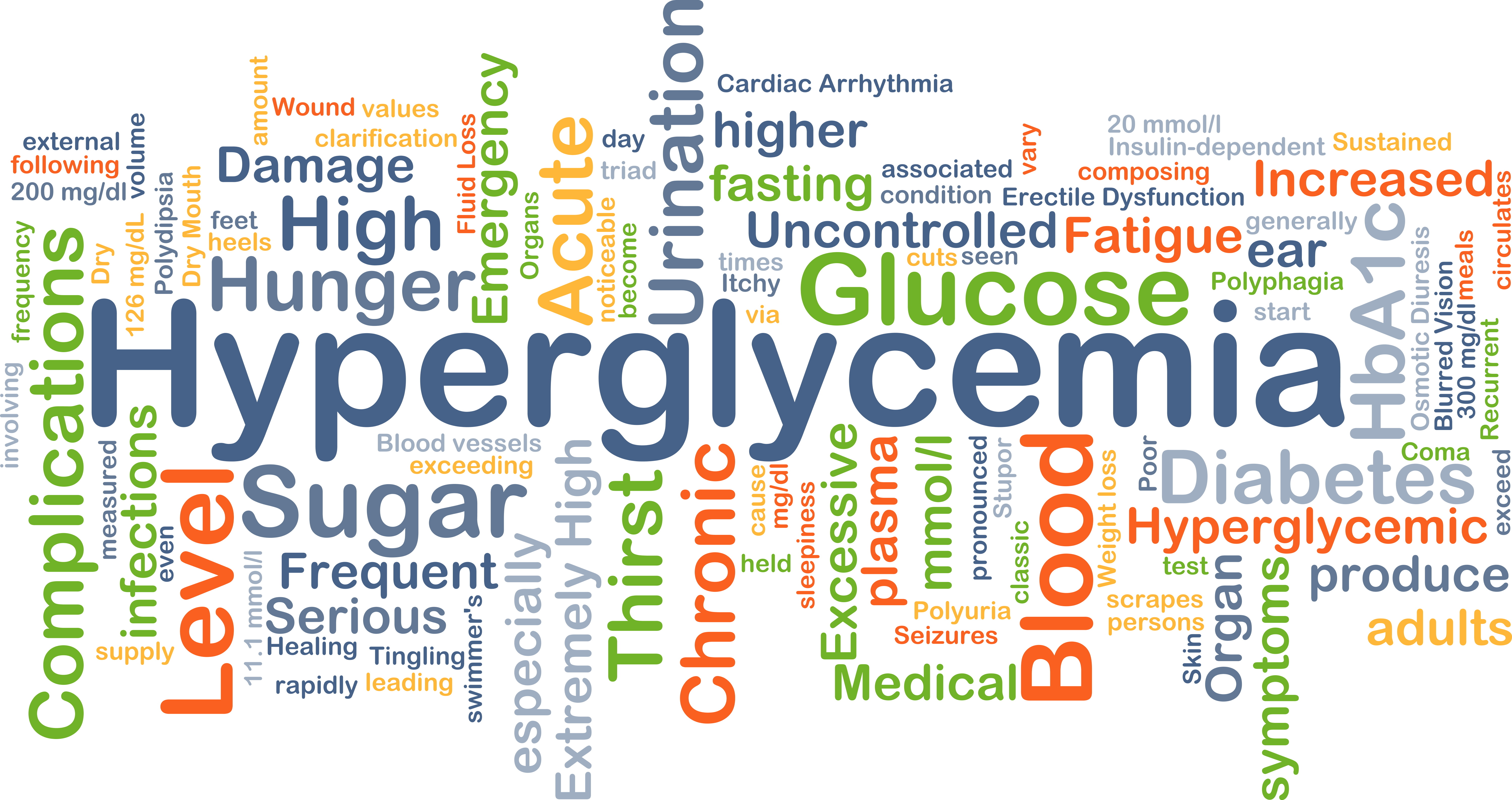

Uncontrolled diabetes can result in microvascular (small vessel) and macrovascular (large vessel) complications, end- stage renal disease (ESRD), non-traumatic lower-extremity amputation, adult blindness and a host of other associated issues.1 It’s important to know the consequences of failing to act to manage diabetes. Here’s a brief list of common complications:
Nerve damage(neuropathy): Long-term effects of type 2 diabetes on the body can result in nerve damage. This damage usually occurs after persistent and uncontrolled high blood sugar persists for over 10 years. If blood glucose is returned to normal, sometimes this nerve damage can be repaired. But, if left untreated the capillary walls that feed into the nerve are weakened and damaged, causing a specific type of nerve damage known as diabetic neuropathy.
Kidney damage(nephropathy): The longer a patient has diabetes and the greater one’s exposure to high blood glucose levels, the more susceptible one is to kidney damage.
Eye damage (retinopathy): Diabetes can damage the eyes via (1) retinopathy, which is any damage to the retina of the eyes causing vision impairment. (2) cataracts, in which the healthy clear or translucent lens becomes increasingly opaque and exacerbated by the presence of high blood glucose; and (3) glaucoma, wherein increased pressure within the eyeball damages the optic nerve.
Coronary heart disease: Diabetes damages the walls of blood vessels that then cause the buildup of fat in the walls. The damaged walls constrict blood vessels, reducing the blood supply to the heart muscle and increasing blood pressure, so that sudden death can occur.
Stroke: Type 2 diabetes complications also can be a cause of stroke.
Peripheral vascular disease(PVD): Damage to blood vessels in the hands and feet, may occur earlier and faster in those with diabetes. If left untreated, this disease can lead to unhealed ulcers in the lower extremities and even require amputation.
Disturbances in the liver: Fatty liver is a liver disorder often found in those with diabetes. Found in almost 50% of obese and type 2 diabetic patients, fatty liver can also cause liver cirrhosis.
Gastrointestinal disorders: GI disorders in diabetic patients typically stem from poor blood glucose control and an autonomic nerve disorder affecting the digestive tract. In gastroparesis, which is delayed
emptying of the stomach contents, patients typically report nausea, vomiting, and diarrhea.
Infections: High blood glucose can disrupt the immune system’s response to viruses and germs, making diabetics more susceptible to infection.
Alzheimer’s disease: There may be a link between type 2 diabetes and Alzheimer’s disease. The risk factors for Alzheimer’s increase when you have less control over your blood sugar.
References
M. J. Fowler, "Microvascular and Macrovascular
Complications of Diabetes," Clinical Diabetes, vol. 26, no. 2, p. 77-82, 2008.